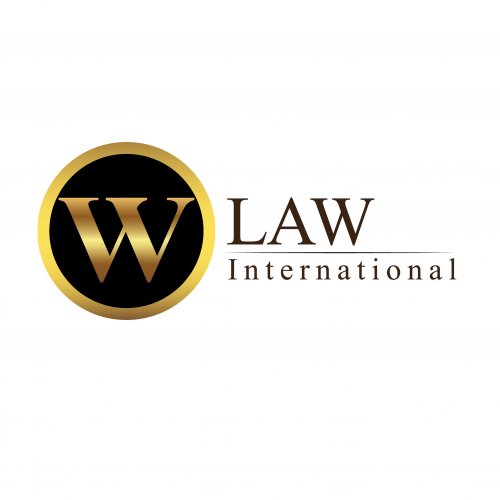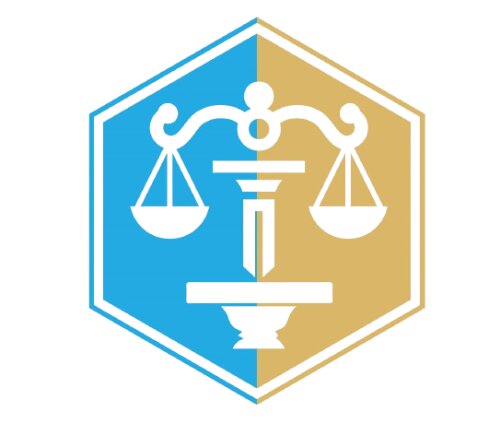Best Guardianship Lawyers in Bangkok
Share your needs with us, get contacted by law firms.
Free. Takes 2 min.
List of the best lawyers in Bangkok, Thailand
Legal guides written by GPS Legal:
- Thailand’s SMART Visa program: What you should know
- Estate planning goes beyond wills
- Buying a condo in Thailand as a foreigner
About Guardianship Law in Bangkok, Thailand
Guardianship law in Bangkok, Thailand, is governed by the Civil and Commercial Code, which stipulates the legal parameters for appointing a guardian to care for an individual who cannot manage their own affairs. This may include minors or individuals who are incapacitated due to mental or physical conditions. The guardianship system is designed to protect the rights and well-being of those who are unable to protect themselves, ensuring they receive the care and financial management they require.
Why You May Need a Lawyer
There are several situations where seeking legal assistance in the field of guardianship may be necessary. If you're looking to establish guardianship over a relative who is unable to care for themselves, navigating the legal requirements can be complex. Legal help is also crucial if you're contesting the appointment of a guardian or if there are disputes regarding the suitability of a guardian. Moreover, if a guardian is suspected of misconduct, legal advice can help in addressing the situation de facto.
Local Laws Overview
Guardianship laws in Bangkok are primarily detailed in the Thai Civil and Commercial Code, which outlines the roles and responsibilities of a guardian. The law requires the appointment of a guardian to be approved by a Thai court, and this process requires a thorough assessment of the proposed guardian's ability to care for the individual in need. The court assesses various factors, including the guardian's relationship with the ward, their financial stability, and their moral character. It's also important to note that the court has the authority to revoke guardianship if it is determined that a guardian is not fulfilling their duties appropriately.
Frequently Asked Questions
What is the primary role of a guardian in Thailand?
The primary role of a guardian in Thailand is to manage the personal and financial affairs of the person under guardianship, ensuring their well-being and protecting their best interests.
How is guardianship established in Bangkok?
Guardianship in Bangkok is established through a legal process that involves filing a petition with the court. The court evaluates the need for guardianship and the suitability of the proposed guardian.
Can anyone apply to be a guardian?
In principle, any competent adult can apply to be a guardian, though preference is usually given to close family members or those with a significant relationship with the potential ward.
How long does the guardianship process take?
The duration can vary depending on the complexity of the case and the court's schedule, but it typically takes several months to finalize guardianship through the court.
Is there any financial responsibility involved in guardianship?
Yes, guardians are responsible for managing the financial affairs of their ward, which includes managing income, estates, and expenses in a way that benefits the ward.
Can guardianship be revoked?
Yes, guardianship can be revoked if the guardian fails to fulfill their duties, misappropriates funds, or is otherwise deemed unsuitable by the court.
Do you need a lawyer to apply for guardianship?
While not legally required, hiring a lawyer can provide valuable assistance in navigating the legal complexities of the guardianship process.
What documents are needed to file for guardianship?
Documents commonly required include the applicant's identification, proof of relationship to the ward, financial statements, and medical records of the ward if applicable.
How is the well-being of the ward monitored?
The court may appoint an independent party to monitor the welfare of the ward, and periodic reports may be required to ensure the guardian is fulfilling their obligations.
What happens if disagreements arise regarding guardianship?
Disagreements are resolved through legal proceedings. Courts will evaluate evidence and make a ruling based on what serves the ward's best interests.
Additional Resources
Individuals seeking further assistance or information on guardianship in Bangkok may find it helpful to reach out to the following resources:
- The Ministry of Justice, Thailand: Offers guidelines and resources on legal matters including guardianship.
- Law Society of Thailand: Provides a directory of licensed attorneys who specialize in guardianship and family law.
- Local Family Courts: Engage with court officials for guidance on the guardianship process.
Next Steps
If you find yourself in need of legal assistance with guardianship in Bangkok, consider taking the following steps:
- Consult with a qualified family law attorney to guide you through the process and explain your legal rights and obligations.
- Gather necessary documentation and evidence to support your case or any claims you need to make.
- Attend court hearings and participate actively in the process to ensure that the best interests of the ward are maintained.
- Stay informed by reading up on local laws and procedures related to guardianship to better understand the expectations and requirements involved.
Lawzana helps you find the best lawyers and law firms in Bangkok through a curated and pre-screened list of qualified legal professionals. Our platform offers rankings and detailed profiles of attorneys and law firms, allowing you to compare based on practice areas, including Guardianship, experience, and client feedback.
Each profile includes a description of the firm's areas of practice, client reviews, team members and partners, year of establishment, spoken languages, office locations, contact information, social media presence, and any published articles or resources. Most firms on our platform speak English and are experienced in both local and international legal matters.
Get a quote from top-rated law firms in Bangkok, Thailand — quickly, securely, and without unnecessary hassle.
Disclaimer:
The information provided on this page is for general informational purposes only and does not constitute legal advice. While we strive to ensure the accuracy and relevance of the content, legal information may change over time, and interpretations of the law can vary. You should always consult with a qualified legal professional for advice specific to your situation.
We disclaim all liability for actions taken or not taken based on the content of this page. If you believe any information is incorrect or outdated, please contact us, and we will review and update it where appropriate.
















